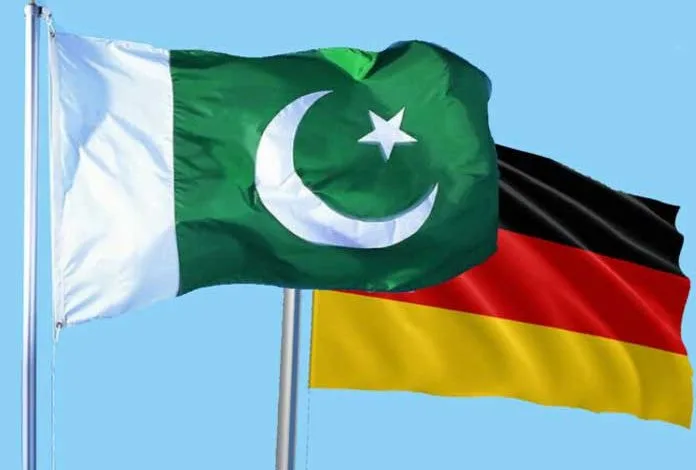ISLAMABAD, August 1(ABC): The signing ceremony for the project named “Regional Infrastructure Fund – II for Khyber Pakhtunkhwa for Resilient Resource Management in Cities (RRMiC)” was held between both government of Pakistan and Federal Republic of Germany in the Ministry of Economic Affairs on Monday.
According to the press release, Mian Asad Hayaud Din, Secretary Ministry of Economic Affairs, and Sebastian Jacobi, Country Director KfW (German Bank for Development) signed the agreement. Government of Germany, through the KfW Development Bank, will provide a grant of Euro 17.5 million to the Government of Pakistan for the project.
This is also to be noted that Pakistan has been a recipient of German Development Assistance since the founding of German Federal Ministry for Economic Cooperation and Development (BMZ) in 1961. The total development assistance encompassing both technical and financial cooperation since 1961 amounts to € 3.8 billion. With the funds provided by the German Government, KfW Development Bank will support the Government of Khyber Pakhtunkhwa in investments in community infrastructure, improvements in capacity and service delivery, citizen participation and equality and consultant and contingency services in two districts of KP province.
The purpose is to introduce an integrated, multi-sectoral, resilient, and sustainable water and solid waste management with a participatory approach in selected tehsil towns. Sebastian Jacobi, Country Director KfW stated that KfW is actively supporting the Government of Pakistan in the Governance Sector.
These efforts will result in bringing sustainable and lasting positive impact in the lives of the deserving communities in the country and help mitigate the challenges arisen due to poverty and infrastructure damage due to natural disasters. Mian Asad Hayaud Din, Secretary Ministry of Economic Affairs expressed gratitude to the Government of Federal Republic of Germany for supporting the people of Pakistan through the projects. He further stated that the investments will lead to a better and healthy future for the generations to come.

